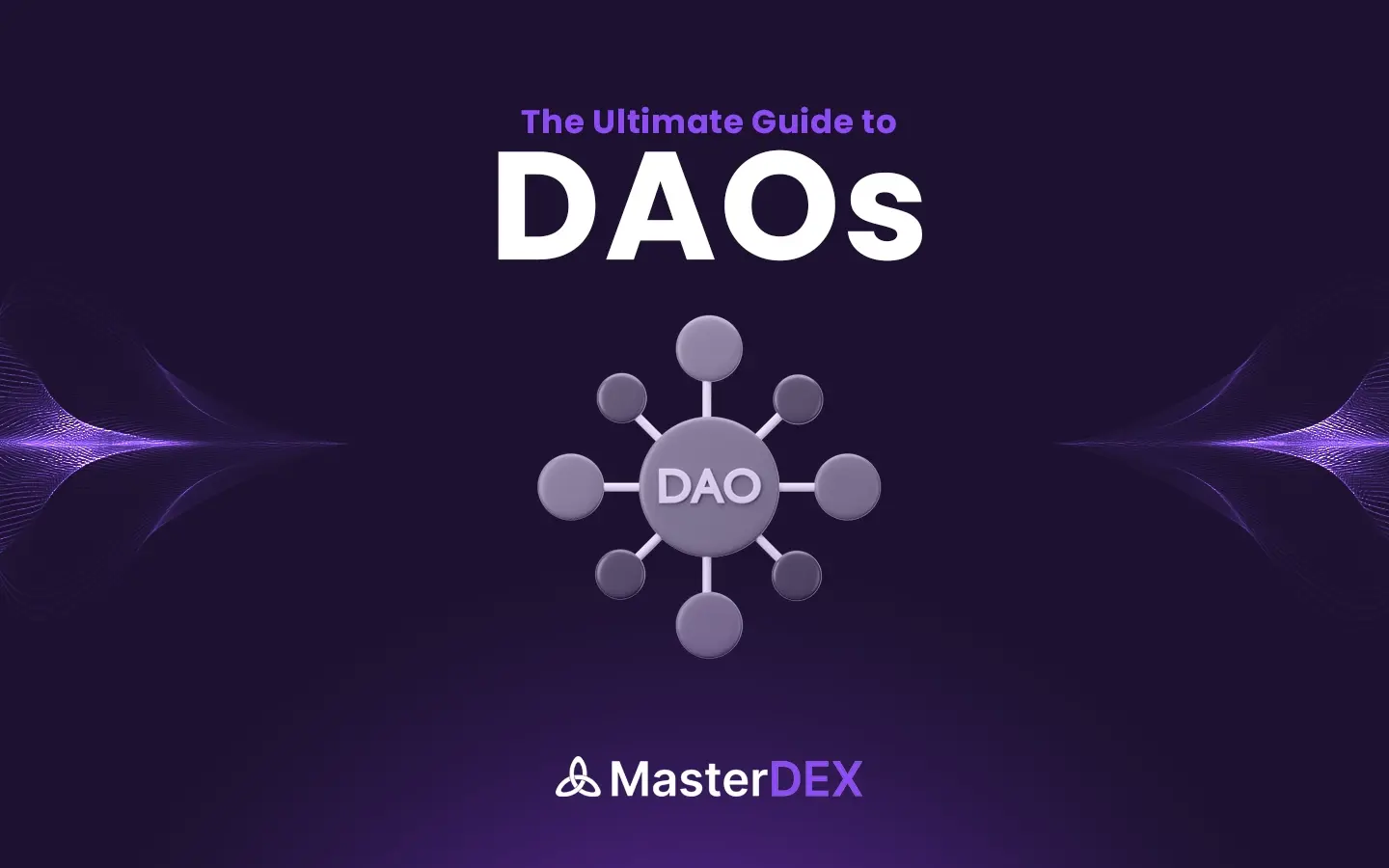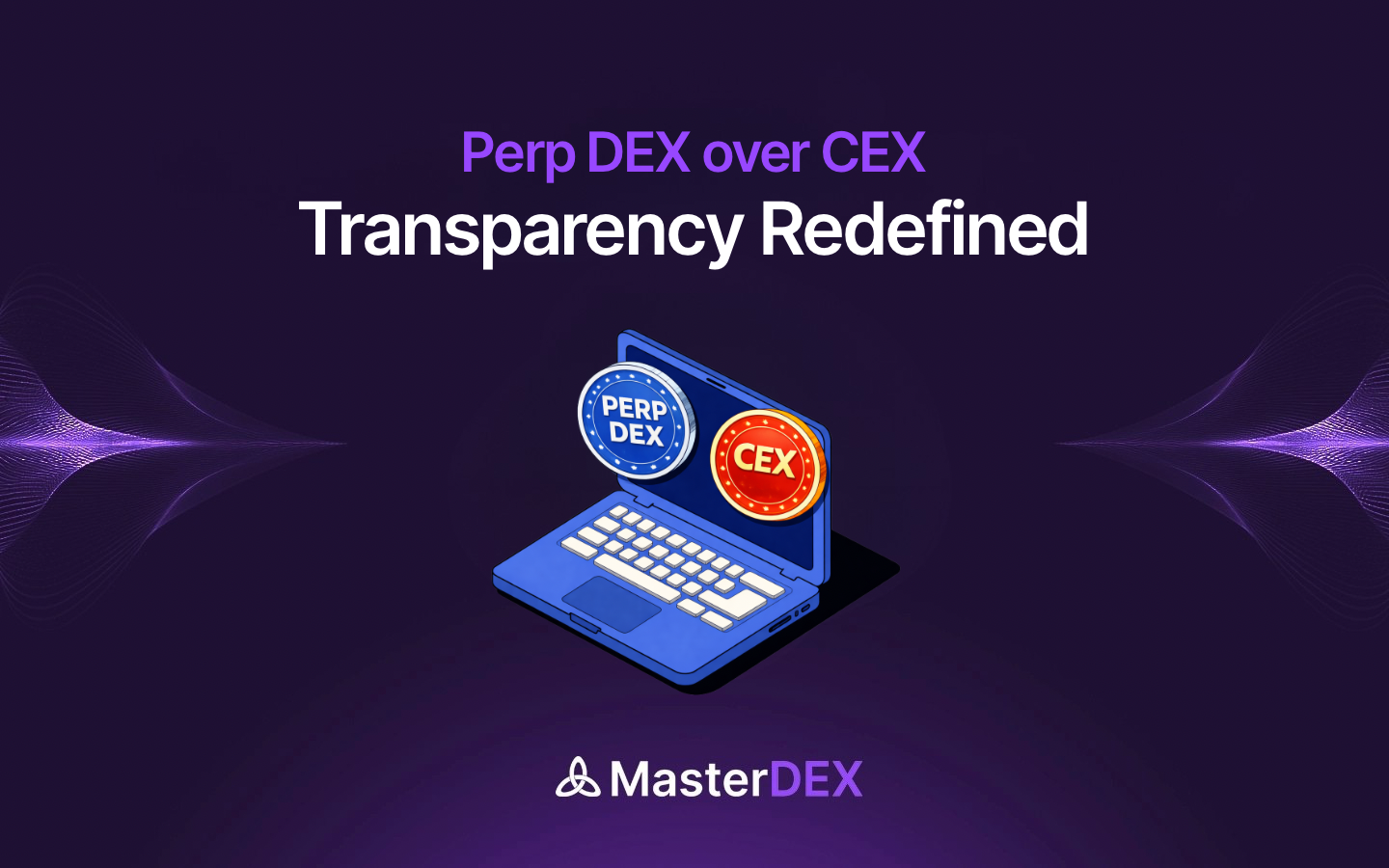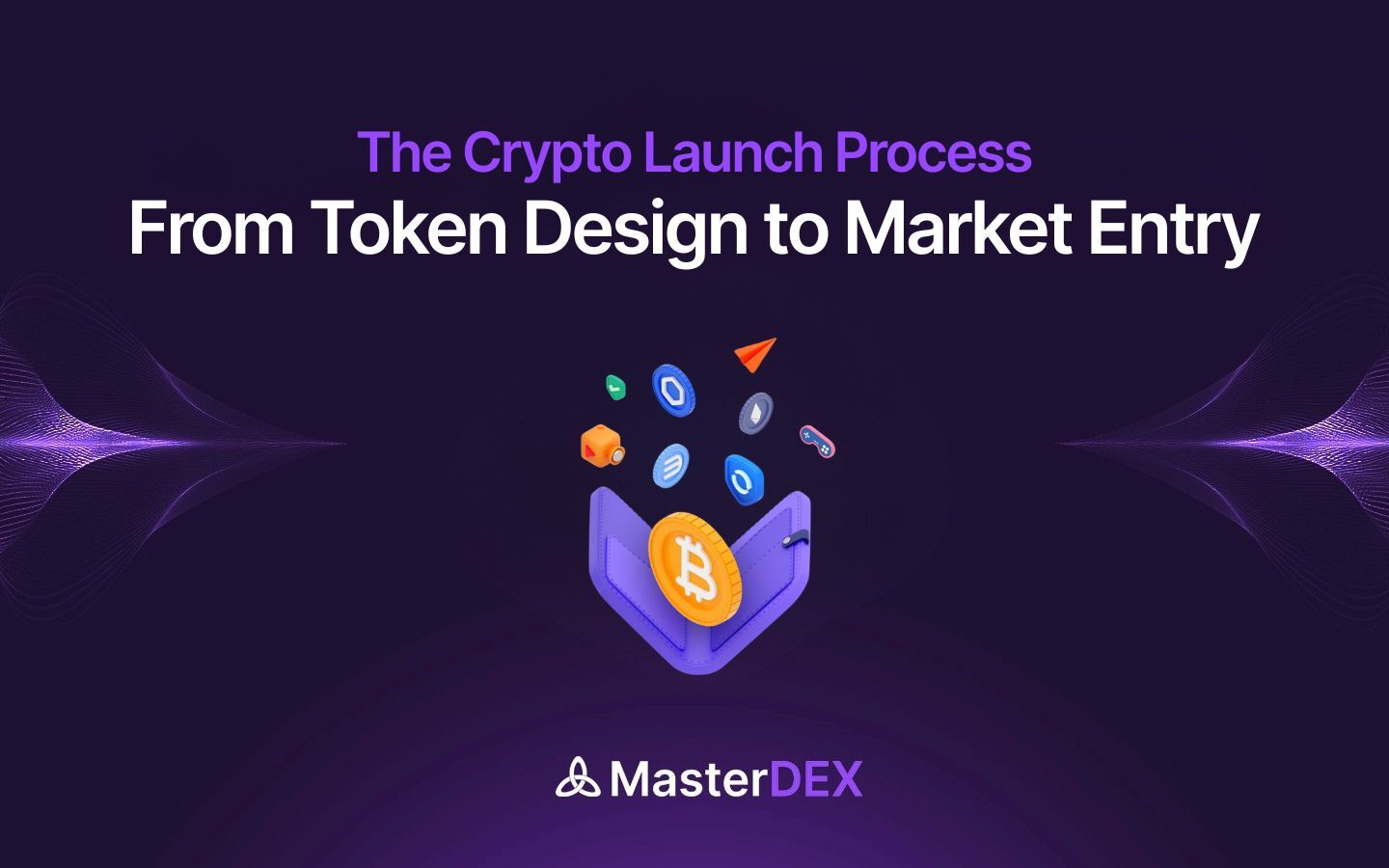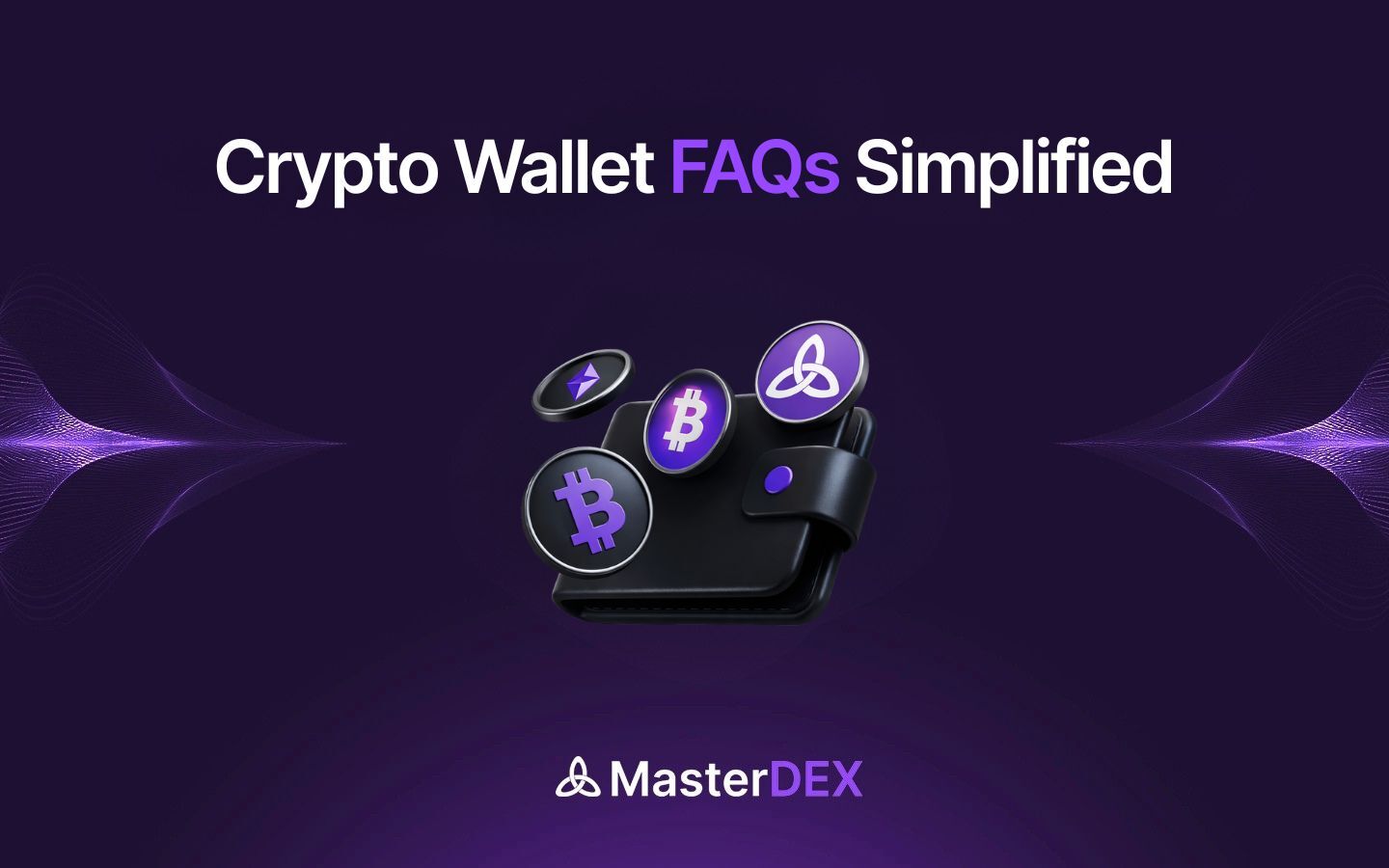Table of Contents:
ToggleWhat is a DAO?
A Decentralized Autonomous Organization (DAO) is a digital-native entity that operates through the use of blockchain-based smart contracts. Unlike traditional organizations that depend on a centralized authority, a DAO is governed by a set of predefined rules encoded into computer programs. These smart contracts automate and enforce the organization’s operations, enabling collective decision-making, governance, and asset management without intermediaries.
At its core, a DAO is a group of individuals who come together with a common goal and operate in a decentralized manner. Members propose ideas, cast votes, and execute changes based on community consensus. All actions and financial transactions are recorded on the blockchain, providing transparency, immutability, and auditability. DAOs represent the future of organization design in the digital economy, offering an open and trustless system that can be accessed from anywhere in the world.
The History and Evolution
The concept of a DAO was first popularized in 2016 with the launch of “The DAO,” a venture capital fund built on Ethereum. It aimed to democratize investment decisions by allowing token holders to vote on projects to fund. However, a vulnerability in its smart contract led to a $60 million hack, ultimately splitting Ethereum into two chains: Ethereum and Ethereum Classic.
Despite this setback, the DAO model laid the foundation for future experimentation. Developers learned from the incident and introduced better practices in smart contract auditing, modular code design, and treasury safeguards. Over the years, DAOs have matured into sophisticated systems managing billions of dollars and powering diverse sectors, from finance and art to gaming and social communities.
Today, DAOs continue to evolve with the integration of AI, zero-knowledge proofs, cross-chain governance, and advanced voting mechanisms. The lessons from the early failures have contributed to a more resilient and secure ecosystem.
Traditional Organizations vs. DAOs
Understanding the contrast between DAOs and traditional entities is essential to appreciating their revolutionary potential.
- Decision-Making Process: Traditional organizations rely heavily on hierarchical decision-making. CEOs, boards of directors, or upper management teams typically hold the authority to make strategic choices. Employees or shareholders may have limited say and must often follow decisions handed down from the top. In DAOs, every major decision is subject to a voting process.
Token holders have the power to submit proposals, debate outcomes, and cast votes. This democratic model encourages participation and ensures that decisions reflect the community’s collective will rather than a few individuals. - Execution of Decisions: In a conventional setup, even after a decision is made, executing it can be time-consuming and prone to human error or mismanagement. There’s often a lag between decision and implementation.
Conversely, DAOs utilize smart contracts to enforce decisions automatically. Once a vote passes, the contract executes the result without any need for manual intervention. This leads to faster and more efficient operations. - Organizational Hierarchy: Corporate structures usually follow a top-down chain of command. Power is concentrated at the top, and the majority have little influence over high-level operations.
DAOs flatten the hierarchy. Every participant, regardless of their background or location, has an opportunity to influence governance. This egalitarian approach increases inclusivity and removes barriers to entry. - Operational Efficiency: Traditional organizations often incur high operational costs due to the need for HR, legal teams, managers, and various administrative functions.
In DAOs, these roles are minimized or replaced by code. Smart contracts automate repetitive tasks, reduce overheads, and create leaner, more efficient organizational models.
Traditional Organizations Vs. DAOs: A Quick Comparison
| Aspect | Traditional Organizations | DAOs |
| Decision-Making | Hierarchical authority | Community voting |
| Participation | Limited employee input | Open to all holders |
| Proposal Process | Internal discussions | Public proposals |
| Execution Speed | Slow and manual | Instant via code |
| Error Potential | Human mismanagement | Automated enforcement |
| Hierarchy Structure | Top-down management | Flat and inclusive |
| Inclusivity | Restricted access | Global participation |
| Operational Costs | High overhead teams | Minimal due to automation |
| Automation | Manual work required | Smart contracts handle tasks |
How Does a DAO Work?
The process of establishing a DAO begins with programmers creating the smart contract that will govern the organization. This smart contract outlines the automated procedures for handling financial transactions, issuing new tokens, and distributing voting power.
One of the critical design decisions involves how votes will be allocated—should they correspond to the total amount invested, be grouped according to individual cryptocurrency wallets, or follow a logarithmic model that reduces the dominance of large investors?
In addition to the technical framework, a DAO must consider its legal standing. The U.S. Securities and Exchange Commission (SEC) has stated that offering crypto tokens through a DAO may qualify as a securities sale, which would require proper registration.
Certain U.S. states, such as Wyoming and Tennessee, have begun formally recognizing DAOs as legal entities. To assist with navigating these regulatory options, investment firm Andreessen Horowitz has published a guide that explores the advantages and limitations of various legal structures applicable to DAOs.
Once the technical and legal components are in place, DAO advocates must promote the project to attract investors and participants. Depending on how the DAO is structured, individuals can engage by directly contributing cryptocurrency or by performing tasks validated through a submission portal or other system.
For instance, an environmental monitoring application could incentivize users to upload sensor data in exchange for tokens. Similarly, a decentralized storage platform might reward participants for offering storage space via the InterPlanetary File System (IPFS) protocol.
After the DAO becomes operational, participants may take satisfaction in supporting a cause or acquiring a unique digital asset. However, the potential goes beyond personal fulfillment. DAOs can generate meaningful global impact while simultaneously offering financial benefits. These benefits may manifest as an increase in the value of the DAO’s native token or through direct payouts, either in that token or in other cryptocurrencies such as Ether.
DAOs in Decentralized Exchanges (DEXs)
Decentralized Exchanges (DEXs) are one of the most impactful applications of blockchain technology, offering peer-to-peer crypto trading without intermediaries. DAOs play a pivotal role in the governance and evolution of these platforms, and they are typically structured around different core functions. Below, we explore each type of DAO found in the DEX ecosystem with detailed explanations:
Governance DAOs
Governance DAOs are the brains of a DEX platform. They empower token holders to influence the direction of the exchange through proposals and voting. These decisions may involve adding new trading pairs, changing fee structures, integrating new technologies, or allocating budget from the treasury. Token holders often vote proportionally to the amount of governance tokens they hold, though some DEXs implement mechanisms like quadratic voting to prevent wealth-based dominance.
This type of DAO ensures that the exchange evolves according to the will of its user base, not a centralized team. For example, Uniswap’s governance DAO allows holders of UNI tokens to decide on the future development of the protocol, including liquidity mining incentives and protocol fee switches.
Investment DAOs
Investment DAOs within DEXs function like decentralized venture funds. They pool resources from members and allocate them to promising crypto projects, liquidity pools, yield farming strategies, or startups building on the DEX’s infrastructure. These DAOs aim to generate returns for their contributors while also strengthening the ecosystem.
Members analyze potential investments, propose ideas, and vote on where to allocate capital. Since these decisions are made collectively, Investment DAOs reduce the risk of centralized mismanagement. They can also play a strategic role in bootstrapping early liquidity and ensuring that the DEX stays competitive by backing emerging technologies and partnerships.
Grants DAOs
Grants DAOs are designed to fund public goods and innovation within the DEX ecosystem. These DAOs support developers, researchers, community builders, educators, and contributors who are building tools or resources that benefit the broader community. Importantly, these grants are typically non-repayable and awarded based on the potential impact rather than profit.
For example, a Grants DAO might allocate tokens to a developer building a new analytics dashboard or to a team hosting educational webinars about how to use the DEX. By incentivizing community-driven improvements, Grants DAOs create a thriving, self-sustaining environment that attracts both talent and users.
Protocol DAOs
Protocol DAOs are responsible for maintaining and upgrading the underlying technical framework of the DEX. They handle decisions about software updates, bug fixes, security enhancements, and architectural changes. In many cases, they also govern the development of smart contracts that drive the exchange’s functionality.
These DAOs ensure that the DEX remains operational, scalable, and secure. For instance, they may approve protocol upgrades that reduce gas fees, improve order routing efficiency, or enhance liquidity management algorithms. Protocol DAOs often work closely with core developer teams but rely on community consensus to move forward with changes.
Liquidity DAOs
Liquidity is the lifeblood of any exchange. Thus, these types of DAOs are specialized groups within a DEX ecosystem tasked with optimizing liquidity pools, setting incentive structures for liquidity providers (LPs), and managing token emission schedules for rewards. These DAOs ensure that users can trade assets efficiently with minimal slippage and reasonable fees.
They might adjust the allocation of liquidity mining rewards to underperforming pools, create new incentives for strategic token pairs, or remove rewards for low-volume pools. By doing so, these DAOs maintain healthy trading environments and attract long-term participation from LPs.
Community DAOs
Community DAOs focus on user growth, engagement, and culture. They organize events, manage social media strategies, run ambassador programs, create educational content, and even design memes to promote the DEX platform. Their goal is to cultivate an inclusive and vibrant ecosystem that makes users feel like owners and stakeholders—not just customers.
They often play a key role in onboarding new users, addressing community feedback, and fostering a sense of shared purpose. A strong Community DAO can be a powerful force in differentiating a DEX from its competitors by making the platform feel welcoming and community-first.
Advantages of DAOs
DAOs come with several powerful benefits that are transforming the way organizations function globally:
Decentralized Power: In a DAO, power is not concentrated in the hands of a few but is distributed among all members. Every participant gets a voice in shaping the organization. This not only enhances fairness but also ensures that decisions reflect the collective will of the community.
Transparency and Trust: All decisions, transactions, and governance activities are recorded on the blockchain and accessible to everyone. This openness fosters a culture of trust and accountability, as every action is traceable and verifiable.
Reduced Administrative Overhead: By automating many functions through smart contracts, DAOs significantly reduce the need for human administrators and intermediaries. This lowers operational costs and increases efficiency.
Global Participation: DAOs are accessible from anywhere with an internet connection. This global inclusivity allows individuals from diverse backgrounds and geographies to contribute meaningfully to a shared mission.
Community Engagement: Since members have a direct stake in the DAO’s success, engagement and participation tend to be higher. Proposals, voting, and discussions involve the entire community, leading to richer, more democratic governance.
Disadvantages of DAOs
While DAOs offer many benefits, they also come with certain challenges and risks:
Legal Uncertainty: Many DAOs operate in legal gray areas, especially in jurisdictions without clear regulations. This can lead to potential legal liabilities, enforcement issues, and limited access to traditional legal protections.
Slower Decision-Making: Since DAOs rely on member voting, decision-making can be time-consuming, particularly for urgent matters. Unlike a centralized leader who can make quick calls, DAOs require collective deliberation.
Technical Vulnerabilities: Smart contracts are prone to bugs or exploits if not properly audited. Security breaches can lead to major losses and damage the DAO’s credibility.
Coordination Challenges: Managing a large, decentralized group can be difficult. Aligning diverse opinions, maintaining participation, and coordinating action without central leadership can result in inefficiencies
Educational Barriers: Many members may lack the knowledge required to participate effectively in governance. DAOs must invest in educating their communities to ensure informed decision-making and long-term sustainability.
Future of DAO
The DAO as initially imagined had not returned as of mid-2020. Regardless, interest in decentralized independent associations as a more extensive gathering keeps on developing.
While there are many pending concerns and potential issues with respect to lawfulness, security, and construction, a few investigators and financial backers accept that this kind of association will ultimately come to conspicuousness, maybe in any event, supplanting customarily organized organizations.



